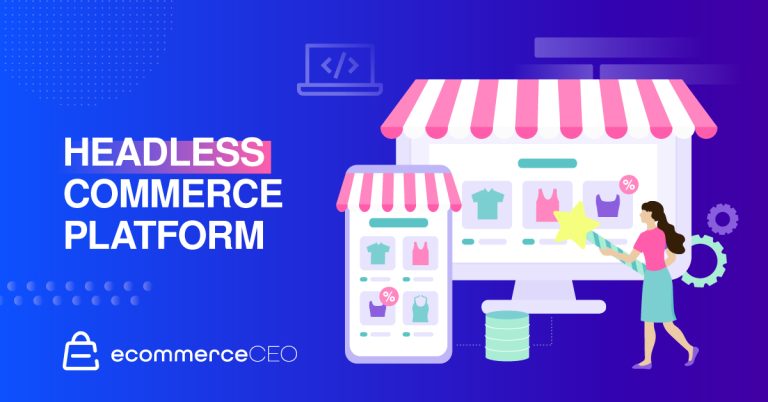
- Posted on
- • June 19, 2019

If you sell through Amazon, you probably know just how often the retail giant makes policy changes and updates to maximize their profits.
Their recent change to their wholesale purchasing practices is a perfect example. For some time, businesses that have sold wholesale to Amazon have been able to profit without needing to store, pack, and ship their products directly to the end buyer. However, it seems that this will soon be changing. In March, Amazon stopped purchasing products from thousands of wholesale vendors, taking many businesses by surprise.
Amazon encouraged these businesses to use its Amazon FBA services to sell products directly to customers. Of course, this means that those businesses would need to assume the risks involved in managing, marketing, and selling their products through the marketplace. Amazon resumed orders a week later, but it now looks like the company has decided to solidify this change. This means that Amazon marketplace wholesale orders may end soon for Amazon’s smaller wholesalers.
Amazon’s likely goal? Reduce overhead costs and inventory liability. This reduces the risk for Amazon B2C and could make it easier for large, established brands to dominate their markets. While this change may not be official just yet, things like this have a way of sneaking up on Amazon wholesale sellers that don’t start adapting early. Merchants who want to take control of their own destiny going forward would benefit from making some important changes now.
This recent change does not spell doom for affected businesses. Rather, it presents an opportunity. Those who will need to adjust their operation to accommodate any upcoming Amazon policy change can get a head start on building a strong, independent online presence and selling direct.

Making the Change Work For You
While wholesale Amazon options have helped many businesses make a lot of money, it’s never a good idea to put all your eggs in one basket. It still makes sense for many business owners to sell their products on Amazon, but these changes present an opportunity to get ahead of the curve and potentially gain a competitive advantage. If you have a strong eCommerce website that you can use for both B2C and B2B wholesale, you won’t be dependent on Amazon for your success. Here’s why:
Your Competitors Won’t Be Advertised on Your Product Pages
Amazon typically recommends competing products on product pages shoppers visit. While this can be great for the consumer, it means that vendors run the risk of being undercut if their competitors are offering even slightly lower prices.
You Can Offer More Than Just Products
When you provide customers with a user-friendly, enjoyable experience on your website, you can more easily build brand loyalty and communicate a message of value. You can also collect email addresses for marketing lists, allowing you to tap into the power of eCommerce email marketing and increase customer engagement.
You Can Forge Real Customer Relationships
Amazon is many things—personal isn’t one of them. Focusing on your independent eCommerce presence offers your business the opportunity to connect with your customers and prospective purchasers. This means providing excellent customer service, creating relevant and helpful content, and maintaining constant communication with your base.
Most importantly, you should always be optimizing the online experience for your customers. This means constantly testing and looking for ways you can improve every step of the buyer journey. By making your own eCommerce website the best it can be, your business will be able to continue to grow—no matter how often Amazon changes their rules and policies.





